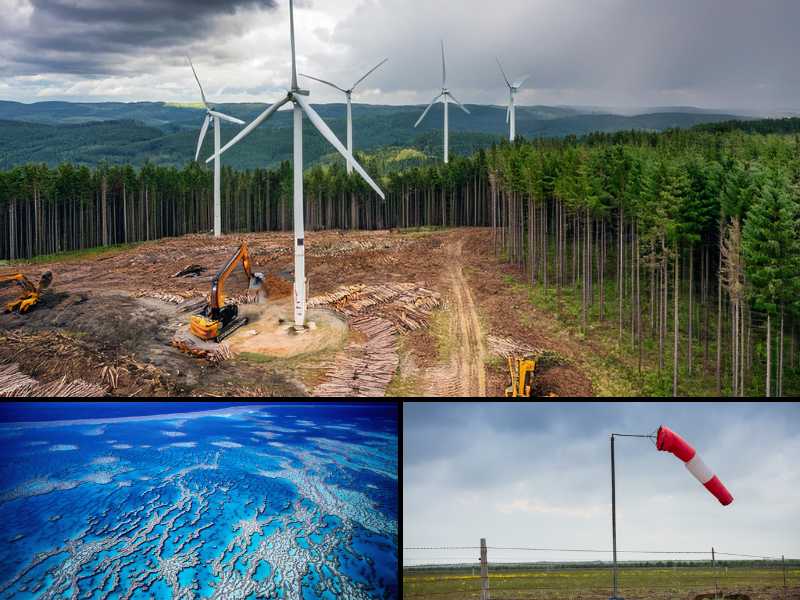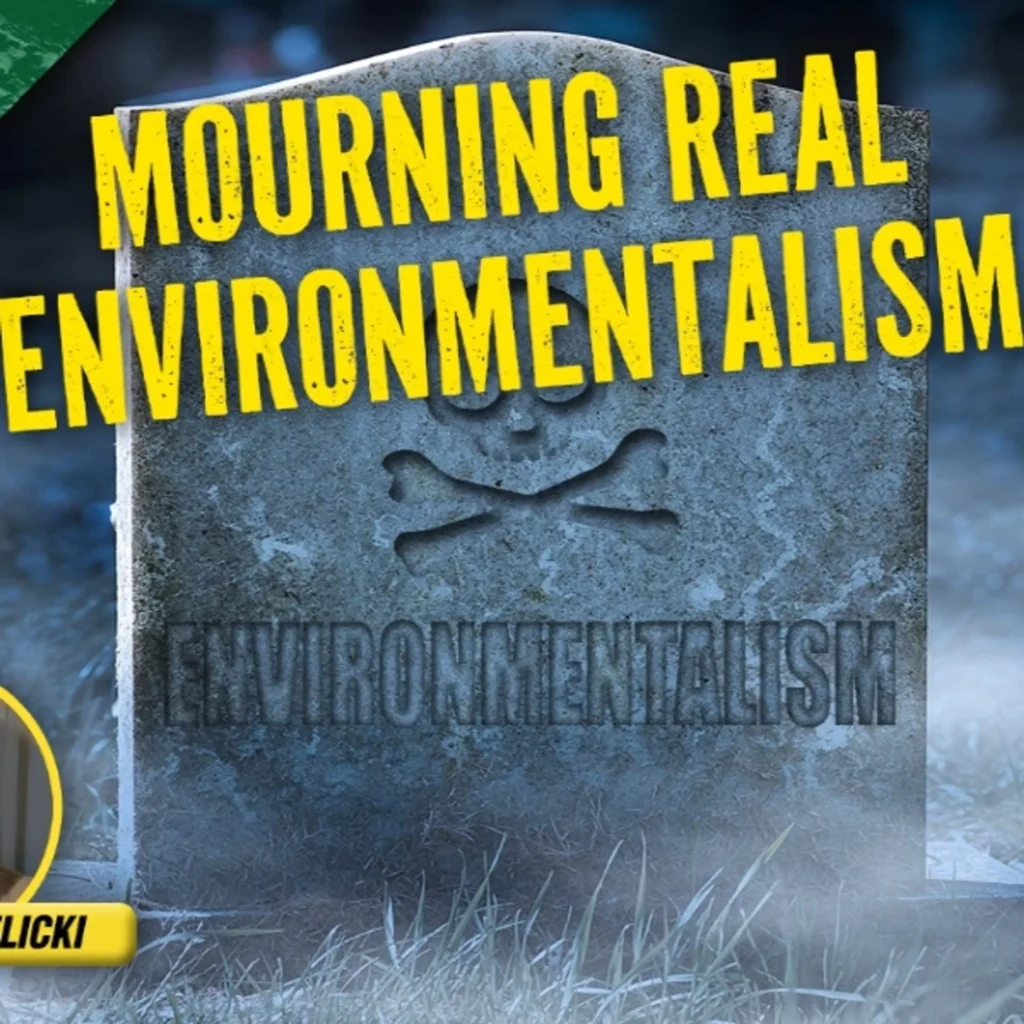Proving beyond any reasonable doubt that the global warming debate is all about political activism instead of scientific inquiry, the increasingly partisan American Geophysical Union (AGU) announced on November 8 a campaign to discredit global warming skeptics and resist congressional inquiries into climate research scandals. AGU is blatantly violating the scientific principles it claims to champion.
Scott Mandia, a non-Ph.D. meteorology instructor at a community college in New York, is one of the 700 “climate scientists” AGU is putting forward to launch the assault.
“This group feels strongly that science and politics can’t be divorced and that we need to take bold measures to not only communicate science but also to aggressively engage the denialists and politicians who attack climate science and its scientists,” Mandia told the November 8 Los Angeles Times.
Considering that leading skeptics include Ph.D. professors and scientists at such prestigious institutions as Harvard, Princeton, Columbia, MIT, NASA, and NOAA, it seems odd that AGU would choose a non-Ph.D. meteorologist at a community college as one of its chief attack dogs, calling Ivy League atmospheric science professors “denialists.”
Then again, given that AGU asserts science can’t be divorced from politics, it makes perverse sense that AGU would choose a hyper-aggressive attack dog, with or without serious qualifications, to lead its name-calling campaign against some of the world’s most brilliant and accomplished climate scientists.
It is particularly ironic that AGU chose a meteorology instructor to spearhead its name-calling campaign. A George Mason University survey of broadcast meteorologists earlier this year reported only 20 percent believe global warming will cause a great deal of harm to future generations, less than a third believe humans are primarily responsible for recent global warming, and less than a quarter have seen any evidence of global warming in their local weather patterns.
When it comes to “consensus,” AGU’s attack dog is decidedly outside his profession’s mainstream, and thus he would be the person best fitted for the term “denialist.”
AGU’s use of the term denialist is itself indicative of the shameful political activism that has squeezed out objective scientific inquiry and debate regarding global warming. Speculative computer models that miserably fail to comport with current climate conditions are a far cry from scientific truth. And most of the warming predicted by alarmist computer models is based on speculative increases in atmospheric humidity and cirrus clouds, not carbon dioxide emissions. In the real world, by contrast, atmospheric relative humidity and cirrus clouds are declining rather than increasing.
When speculative computer models are programmed to assume one set of results but real-world scientific observations show completely opposite results, true scientists don’t publicly smear others as deniers for considering the real-world data more credible.
Unabashedly jumping into the political arena, AGU would like people to believe that its 700 “climate scientists,” such as Scott Mandia, represent a scientific consensus on the topic. Nothing could be farther from the truth. In addition to the aforementioned skepticism among meteorologists, more than 31,000 scientists have signed a summary of science, presented by a past president of the National Academy of Sciences, explaining that humans are not creating a global warming crisis.
Likewise, the American Physical Society has acknowledged the “considerable presence” of global warming skeptics within the scientific community. The Russian Academy of Sciences, Polish Academy of Sciences, and Danish National Space Center have all expressed strong skepticism of alarmist global warming theory.
Scientific integrity, and indeed the scientific method itself, require thorough, objective, and critical inquiry into speculative scientific theories before they are accepted as facts. By jumping into political debates and attempting to demonize scientists who adhere to these longstanding scientific principles, AGU is rapidly losing its scientific credibility.
James M. Taylor ([email protected]) is senior fellow for environment policy at The Heartland Institute.




